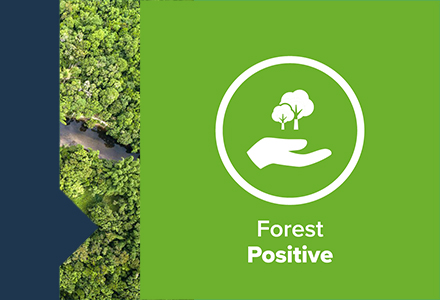Explore Tags
#Food Waste, #Global Summit, #Supply Chain, #Mondelēz International, #Walmart, #Unilever, #PepsiCo, #Tesco, #CGF latam, #executive summary, #Employee Wellbeing, #Sustainable Supply Chains, #Climate Action, #Case Study, #summit, #consumer goods forum, #data, #summit summary, #P&G, #Plastic Waste, #Grupo Bimbo, #Product Data, #CGF, #Human Rights Due Diligence, #Sustainable Development, #decarbonisation, #Henkel, #cgf forum,




